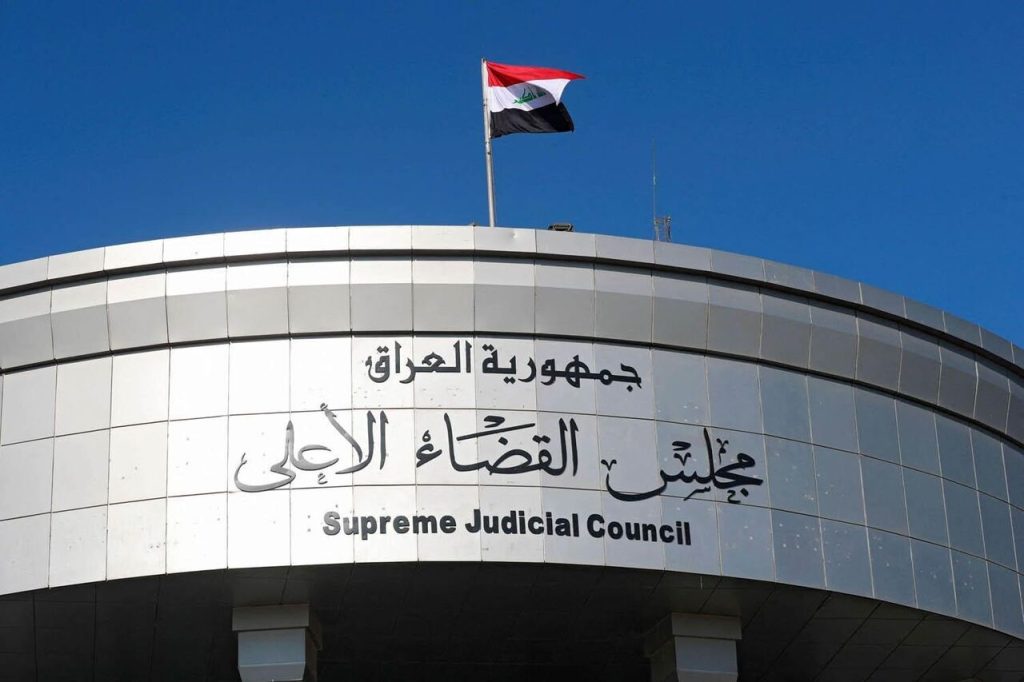Iraq’s Supreme Judicial Council refuses to endorse any candidate for Prime Minister.
According to Al-Shorouk, the Iraqi Supreme Judicial Council once again called on the country’s political parties and movements to adhere to the timetables set out in the constitution for the formation of the two legislative and executive branches after the parliamentary elections on November 11.
The Iraqi Supreme Judicial Council issued a statement today, in a meeting chaired by Faiq Zidan, the head of the council, that it firmly opposes including the name of the judiciary, whether as an institution or as individuals, in political discussions and consultations related to the appointment of the heads of the legislative and executive branches, especially the selection of the future prime minister.
The council also emphasized that there is no support, favoritism, or comment from the Iraqi judiciary regarding any judicial, executive, or political figure to hold this position, as this issue is “completely within the authority and responsibility of political parties,” and the judiciary has no role in this process and should not be interfered with.
This is while political parties and movements in Iraq continue to hold intensive meetings and consultations to examine the possibility of forming a new political structure in the country based on the timetables set out in the constitution.
The Independent High Election Commission of Iraq is still examining 872 complaints and objections submitted by political parties and coalitions regarding the results of the country’s recent parliamentary elections.
According to the legal process, after the initial examination of these objections, the judicial body affiliated with the Election Commission will be required to make a final decision on these complaints within the next two weeks.
Following the majority won by representatives of Shiite parties in the recent Iraqi parliamentary elections, the Shiite “Coordination Framework” coalition, which constitutes the “largest parliamentary faction”, is trying to elect a new prime minister in a short period of time.
The coalition is also trying to reach a “single decision” that will ensure the cohesion of the faction and limit foreign interference.
Iraqi resistance groups have won more than 25 seats in parliament, including Kataib Hezbollah, which has won 7 seats alone, and this presence will be an obstacle to Washington’s desire to limit these groups.

